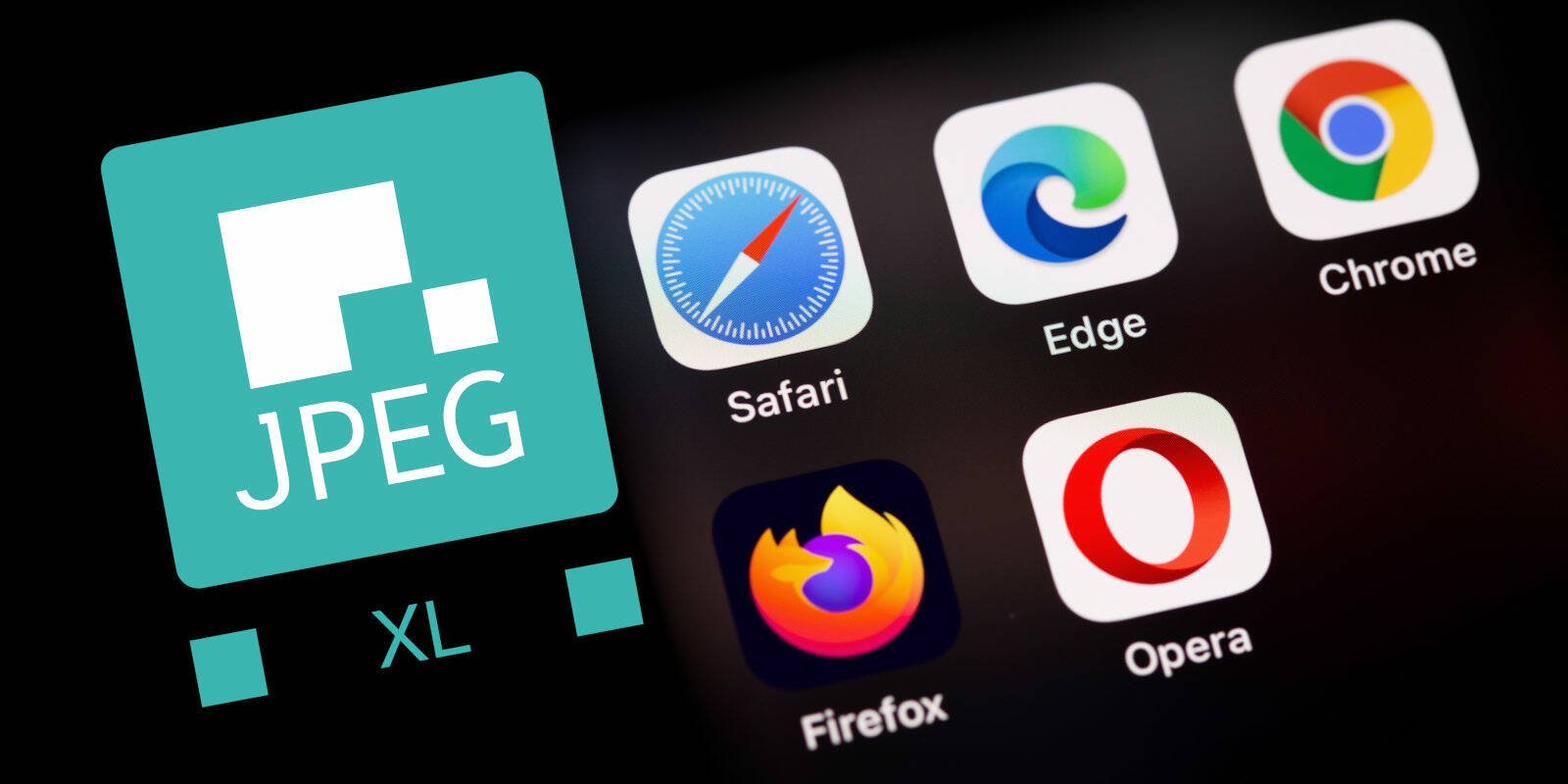- Browser makers Apple, Google, Microsoft, and Mozilla have announced Interop 2024, a project to promote web browser interoperability.
- JPEG XL, a potential replacement for JPEG and PNG image formats, was not included in Interop 2024.
- The rejection of JPEG XL has been blamed on Google, with the Google Chrome team deciding not to support the image compression technology.
Archive link: https://archive.ph/nulY6

So is this a legit take on the technology? Sounds like an expert in the field is pretty convinced that this file format isn’t really worth it’s weight. What does JXL give the web that other file formats don’t?
Perhaps true from his… perspective. I’ve found JXL surprisingly awesome and easy to use (size, quality, speed, intuitive encoding options with lossless, supported in XnView & XnConvert for easy batches). AVIF was terrible in real-world use last I tried (and blurs fine details).
I’m still a big Mozilla & Firefox fan, but a few decisions over past few years seem like they’re being dictated or vetoed by a few lofty individuals (while ignoring popular user requests). Sad.
I’ve read a comparison of several newer file formats (avif, heic, webp) with jpeg-xl. The conclusion was that jpeg-xl was on par in terms of compression, sometimes better and very fast. also it can re-compress jpgs directly.
here’s an article describing it https://cloudinary.com/blog/the-case-for-jpeg-xl
The big thing, to me, is that it can losslessly encode JPEGs, the dominant format for allllll sorts of archived images. That’s huge for migration of images that don’t necessarily exist in any other format.
Plus, as I understand it, JPEG XL performs better at those video-derived formats at lossless high resolution applications relating to physical printing and scanning workflows, or encoding in new or custom color spaces. It’s designed to work in a broader set of applications than the others, beyond just web images in a browser.